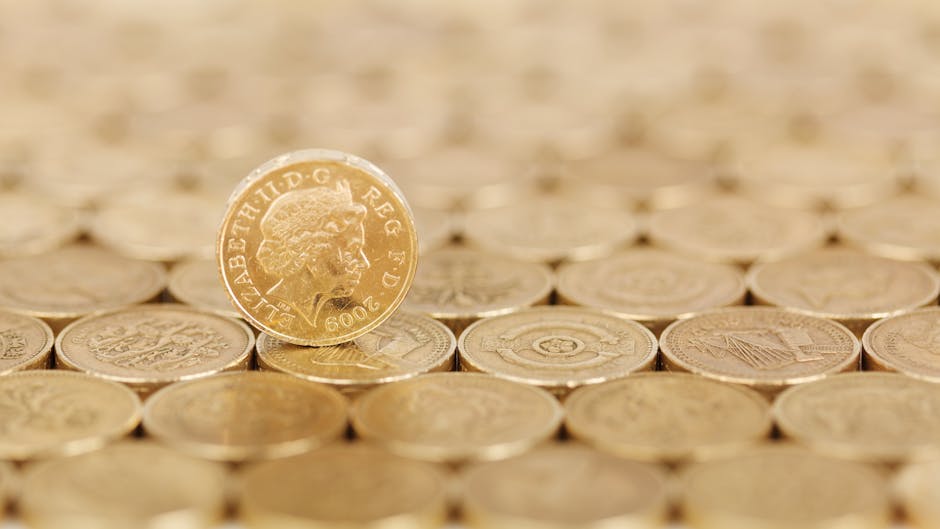Listen, we all aim to give our children the best start in life, and when it comes to basic money skills, it’s essential they start learning as soon as possible.
Finance skills are one of life’s crucial building blocks, and will help the kiddos later on when they choose to open their first bank account, leave home for university or when they get their first mortgage (far away, we know).
Aviva’s Consumer Attitudes Report recently looked at how UK consumers learn about financial issues, and if they felt financial education had started early enough.

Check out some of the really interesting stats:
• 43 percent of consumers said that they are still paying for mistakes they made in the past
• 64 percent of consumers said that they wished they had managed their finances differently
• 63 percent wished that they had started learning about finances when they were young
• Many struggle to explain straightforward money matters such as credit card repayments and overdrafts

Parents are the most important source of information and education, with 44 percent of people saying they were one of their top 3 sources.
Once people get to 55, more than half say they are self-taught, more than double the number of 18 – 34 year olds. Schools are a top 3 source for 15% of people in the survey, and this is higher for the younger age groups; 19 percent of 18 – 24 year olds say it was a main source, compared with 11 percent of over 65s.
Will Carmichael, CEO of RoosterMoney commented, saying:
“Many of our money habits our actually set by the age of seven. This is earlier than a lot of people expect, but highlights the importance of starting on those basic attitudes towards money early on.

44 percent of what we do every day is put down to habit, so cement those habits early on and they will stay with your child for life. And this doesn’t need to be complicated or even expensive, it can start with a basic ‘gold star’ reward system at the age of 4 before progressing onto money itself.”
Louise Hill, co-founder of goHenry also commented on the interesting findings, saying that “the fact is that when kids grow up they are going to be spending using a card most of the time. So, we think it’s more important than ever to help kids learn how to manage their money responsibly at a younger age–before they can make any expensive mistakes.”
“The world of money is changing. Adults are no longer going into bank branches to pay in a cheque, or paying for the weekly shop by cash. So the real benefit of using technology to teach kids about money, is that using technology is how they will be managing money when they grow up – so it just makes more sense.”

With all this information, we wanted to give you some tips on how you can teach your little ones about money:
• Talk openly about money
• Involve them in day-to-day finances
• Help them plan and set their own savings goals
• Teach them about modern-day money, such as debit cards or online bank transferring
• Reward positive financial decisions






